The following are areas to consider when creating a bonus or short-term incentive plan to ensure that they encourage and reward the behaviors that are desired by the company. If incentive programs are set up without a lot of discussion or consideration, they can incentivize the wrong behavior. A few examples are safety incentives that only pay out if no injuries are reported, and quotas in the banking industry which have led to criminal convictions when employees enrolled clients in programs without their permission or knowledge.
Any plan that you put in place is likely to be non-discretionary (discretionary bonuses are generally unplanned and unrelated to any specific goals). Non-discretionary bonuses for non-exempt staff require that the bonus be calculated into their regular rate for overtime for the period over which the bonus is earned. Paying a percentage of total pay – including overtime – as a bonus will not require you to re-calculate the overtime rate.
Background & Objectives
It is important to understand your employees and their motivations and frustrations before you attempt to put together an incentive plan. It would be helpful to have employees and their managers involved in focus groups or a compensation panel to provide input. Consider that while a small financial incentive may not motivate staff, a team which enjoys together-time may love a quarterly party (at the same cost) instead. Goals which set one staff member against another may work fine for a competitive sales group, but they could cause anxiety or disengagement in a team which is intended to partner with one another. Even in sales, incentivizing only the salesperson who “found” the client will disincentivize other sales staff from spending their time in assisting with the sales process if that is required.
- What is not working now? Why are you considering an incentive plan?
- What problems is this program intended to address and what are the behavioral objectives of the plan?
- What are your expected outcomes and how can you measure the plan’s success?
- Have you done focus groups or surveys to identify if there are other issues which are impacting the employees’ success and are you certain that an incentive program is the solution?
- Are the employees you are targeting motivated by money, or would other rewards or benefits have a higher impact?
- How does this plan fit into your total rewards philosophy and culture?
Eligibility
- Which employees impact the goals you are trying to affect? Is it a job group, full time/part time, location, grade levels, etc.?
- If you include certain employees (but not other jobs) in an incentive plan, will it impact the relationship between the roles?
- What about new hires? Is there a waiting period for eligibility?
Goals & Rewards
Set achievable goals – there is nothing more demotivating than working hard and never meeting the goals that are set. Your plan should provide a clear statement of the values that you expect to be exhibited as well as the goals achieved. Employees who manipulate the process in a way that is not in alignment with the values should be held accountable. Ask yourself the following questions related to this area:
- What negative behavior could these goals incentivize?
- Do the goals encourage competition or collaboration?
- Have you considered your staff and what engages them?
- Are the rewards appropriate to engage staff? Financial or other?
- Is the employee able to influence the factors to earn the incentive?
- What is being measured, how is it tracked, and are there different weights to each category?
- Are you going to use individual, team, or company-based goals (or a combination)?
- What is the cycle of measurement? Weekly, per pay period, monthly, quarterly?
- Is the payout based on a percentage of pay, flat amount, or other?
- Is there a threshold to be met before payment? For example, should the company see a profit before paying bonus?
- Is there a cap to the incentive earned?
Payout
- When is the payout following cycle of measurement? Bear in mind that for commissions and similar payments state laws vary. Certain states may require payment almost immediately; others may permit you to pay at a later date (even annually).
- Will you be processing these payments in your regular payroll cycle, or will they be off-cycle checks?
Termination of Employment
- Do you have to be an active employee to get the payout? Remember that in certain states, you may have to pay out the bonus by law. In many states, as long as your plan is clearly written (have the employee sign and date that they understand the program), you can choose your payout process.
- If you separate from employment, do staff get a prorated amount?
Administration
- Consider ease of administration by talking with your payroll team and any others involved. Your payroll and management staff should be able to measure and process payments relatively easily. This is a significant consideration. Overly complex plans generally are frustrating for all involved.
- Who owns the plan? Who answers final judgement questions?
- Who must approve the objectives and payouts?
- Include a reservation of rights statement in your plan that the plan may be modified, suspended, or terminated.
Written by a Catapult Advisor

